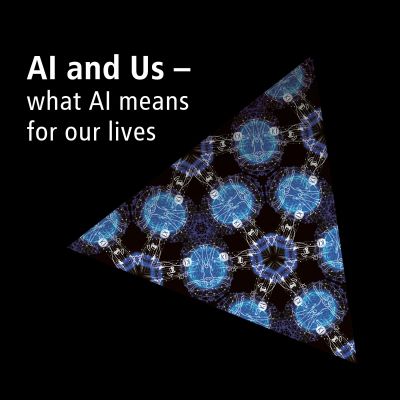Artificial intelligence is already controlling washing machines and translation assistants and helping doctors reach a diagnosis. It is changing our working lives and our leisure time. AI is making our lives easier and, ideally, even better! AI raises expectations, fears and hopes. And it involves risks. It’s all about personal autonomy and freedom, about security as well as sustainability and even global equity. AI between a promising future and a brave new world. Leading AI experts talk about their research field: What can AI already do? How does it learn? And will it outstrip us one day? Everything you need to know about artificial intelligence in a 10-part podcast by the Alexander von Humboldt Foundation.
https://www.humboldt-foundation.de/ai-and-us
How do machines learn?
In 2016, the South Korean Go player Lee Sedol lost four out of five matches against the computer programme AlphaGo. The 37th move of the second meeting is regarded as a milestone in machine learning – because the AI applied its knowledge creatively and amazed the community with an unprecedented move. But how exactly do machines learn?
In Episode 3 of “AI and Us”, we investigate the difference between classic AI and self-learning machines. Both methods have their advantages and disadvantages according to Humboldtians Christian Becker-Asano, Milica Gašić, Tobias Matzner and Daniel Rückert who cite examples from their own research areas.
The Alexander von Humboldt Foundation
Every year, the Alexander von Humboldt Foundation enables more than 2,000 researchers from all over the world to spend time conducting research in Germany. The Foundation maintains a network of well over 30,000 Humboldtians from all disciplines in more than 140 countries worldwide – including 57 Nobel Laureates.
As part of the German government’s Artificial Intelligence Strategy, the Alexander von Humboldt Foundation can appoint a total of 30 Alexander von Humboldt Professors for Artificial Intelligence in the years up to 2024. These chairs are contributing to work being done to comprehensively investigate the opportunities AI offers for our future and to make use of them. They will also help strengthen Germany’s standing as an internationally attractive and influential location in this important field.
